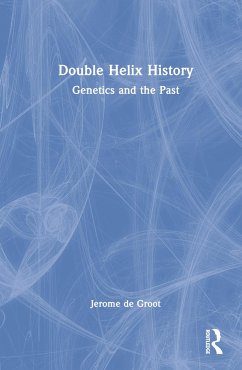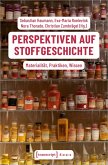Double Helix History examines the interface between genetics and history in order to investigate the plausibility of 'new' knowledge derived from scientific methods and to reflect upon what it might mean for the practice of history. Since the mapping of the human genome in 2001, there has been an expansion in the use of genetic information for historical investigation. Geneticists are confident that this has changed the way we know the past. This book considers the practicalities and implications of this seemingly new way of understanding the human past using genetics. It provides the first sustained engagement with these so-called 'genomic histories'. The book investigates the ways that genetic awareness and practice is seemingly changing historical practice and conceptualisation. Linking six concepts - 'Public', 'Practice', 'Ethics', 'Politics', 'Self', and 'Imagination - Double Helix History outlines the ways that genetic information, being postgenomic, the public life of DNA, and the genetic historical imaginary work on the body, on collective memory, on the historical imagination, on the ethics of historical investigation, on the articulation of history, and on the collection and interpretation of data regarding the 'past'. This book will appeal to researchers and students alike interested in DNA, genetics, and historiography.¿
Hinweis: Dieser Artikel kann nur an eine deutsche Lieferadresse ausgeliefert werden.
Hinweis: Dieser Artikel kann nur an eine deutsche Lieferadresse ausgeliefert werden.







![Progressive Exercises in Bookkeeping by Double Entry. [With] Key Progressive Exercises in Bookkeeping by Double Entry. [With] Key](https://bilder.buecher.de/produkte/66/66836/66836975m.jpg)
